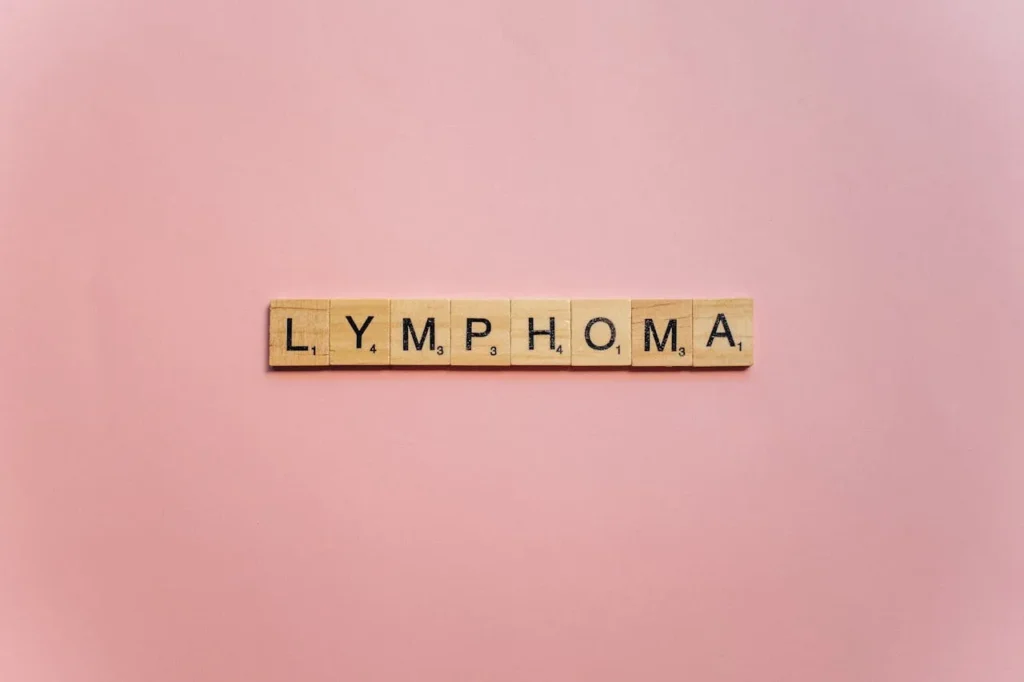
Bristol Myers Squibb Presents Positive Transcend FL Data Highlighting Durable Responses with Breyanzi in Relapsed or Refractory Marginal Zone Lymphoma
Bristol Myers Squibb today announced the first disclosure of the primary analysis results from the marginal zone lymphoma (MZL) cohort of its TRANSCEND FL trial — a Phase 2, open-label, global, multicenter, single-arm study evaluating Breyanzi (lisocabtagene maraleucel; liso-cel) in patients with relapsed or refractory MZL. The new data, which will be presented in an oral presentation at the 2025 International Conference on Malignant Lymphoma (ICML) on June 19, further reinforce the growing body of evidence demonstrating the ability of Breyanzi, a CD19-directed chimeric antigen receptor (CAR) T-cell therapy, to produce deep and durable responses in a population with high unmet medical need.
“Liso-cel achieved high, lasting response rates in patients with relapsed or refractory marginal zone lymphoma, underscoring its potential to significantly improve patient outcomes in this hard-to-treat disease,” said M. Lia Palomba, M.D., a principal investigator for the TRANSCEND FL study and a lymphoma and cell therapy specialist at Memorial Sloan Kettering Cancer Center in New York. “Currently, the medial survival for patients with MZL after multiple lines of treatment falls within the range of 3–5 years, reflecting a significant and persistent need for more effective therapeutic options. This data signals a new opportunity for transformation in the standard of care for these patients.”
Transcend FL Study Design and Primary Analysis
The marginal zone lymphoma cohort within TRANSCEND FL includes adults with relapsed or refractory disease who have previously received at least two lines of therapy, placing them in a third‑line or later setting. All patients were treated with a single infusion of liso-cel at a target dose of 100 × 10^6 CD19-directed, viable CAR T-cells.
In the efficacy-evaluable population (n = 66) with relapsed or refractory MZL, liso-cel demonstrated remarkable and clinically meaningful responses. The Overall Response Rate (ORR) was 95.5% (95% CI: 87.3–99.1; p < 0.0001), with 62.1% (95% CI: 49.3–73.8; p < 0.0001) of patients experiencing Complete Responses (CR) as assessed by an independent review committee through CT imaging.
With a follow-up of 21.6 months (median), 23.8 months, and 24.5 months for the respective endpoints, the 24-month Duration of Response (DOR) was 88.6%, Progression-free Survival (PFS) was 85.7%, and Overall Survival (OS) was 90.4%. This high durability highlights the sustained Benefit provided by liso-cel in a population typically faced with poor prognosis after multiple lines of standard therapy.
Safety Profile and Adverse Events
Liso-cel displayed a consistent and manageable safety profile, with low rates of severe side effects and no new safety signals. Cytokine Release Syndrome (CRS) of any grade was reported in 76% of patients, while Grade 3 CRS was observed in only 4%. Importantly, there were no cases of Grade 4 or 5 CRS. Neurologic events (NE) of any grade were documented in 33% of patients, with Grade 3 NEs in 4% and no Grade 4 or 5 NEs. This profile underscores liso-cel’s tolerability alongside its potent activity in the relapsed or refractory MZL setting.
The study will continue to follow patients through its final analysis to further characterize both its long-term efficacy and its safety profile.

Comments from Bristol Myers Squibb
“Marginal zone lymphoma is an indolent but challenging disease — especially for patients whose disease relapses after multiple lines of treatment — and there is a significant unmet need for innovative and effective treatment options in this setting,” said Rosanna Ricafort, vice president, Senior Global Program Lead for Hematology and Cell Therapy at Bristol Myers Squibb. “We are proud to present for the first time the primary analysis data from the MZL cohort of TRANSCEND FL. This underscores our ongoing commitment to unlocking the full potential of cell therapy to aid patients living with relapsed or refractory disease. Importantly, these data show that Breyanzi covers the broadest patient population of any CD19-directed CAR T-cell therapy for B-cell malignancies while retaining a consistent and favorable safety profile — both in clinical trials and in the real-world setting.”
Additional Transcend FL Presentations at ICML 2025
Bristol Myers Squibb is also proud to share additional data from the TRANSCEND FL trial during ICML 2025:
- Oral Presentation (Thursday, June 19): Lisocabtagene maraleucel in R/R FL (TRANSCEND FL): Impact of Prior Lines of Therapy, Bendamustine Exposure, and Disease Progression within 24 months of Initial Systemic Therapy. The results indicate sustained clinical benefit and a strong safety profile for liso-cel, with a trend toward even better outcomes when administered at an earlier line of therapy.
- Poster Session (Thursday, June 19): Matching-adjusted indirect comparison of lisocabtagene maraleucel versus epcoritamab in patients with third-round or later relapsed or refractory follicular lymphoma. This comparative analysis suggests liso-cel may be more effective than epcoritamab in this setting, adding depth to its role in improving patient outcomes.
- Poster Session (Friday, June 20): Comparative outcomes of lisocabtagene maraleucel (liso-cel) versus external control arm (ECA) in third-round or later (R/R) FL. The data further highlight liso-cel’s superiority over standard-of-care treatments in this patient population.
- Poster Session (Friday, June 20): Optimizing post–chimeric antigen receptor T-cell monitoring: Evidence across lisocabtagene maraleucel pivotal clinical trials and real-world experience. This study shows that most Cytokine Release Syndrome (CRS) and Immune Effector Cell–Associated Neurotoxicity Syndrome (ICANS) events typically manifest within two weeks after infusion and are predominantly low grade or manageable — valuable information for optimizing patient care and follow-up after liso-cel infusion.
Bristol Myers Squibb expresses its deep gratitude to the patients, their families, the investigators, and all health care providers who made these studies possible. The data collectively illuminate a path forward for improving outcomes for patients with relapsed or refractory marginal zone lymphoma — a population previously stranded by limited treatment options — and bring additional hope for extending survival while preserving their quality of life.





